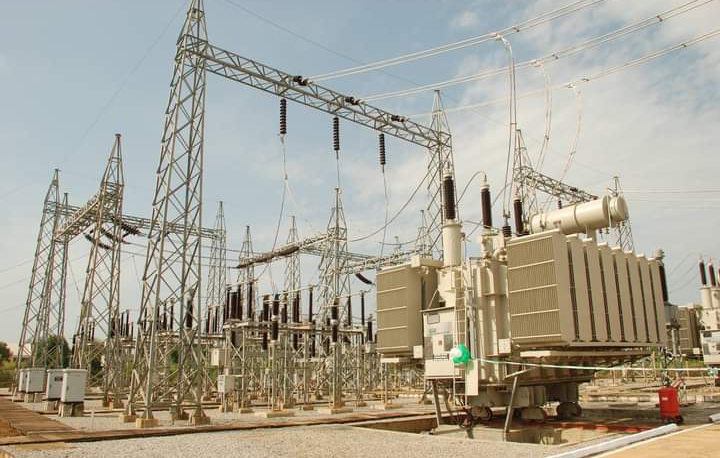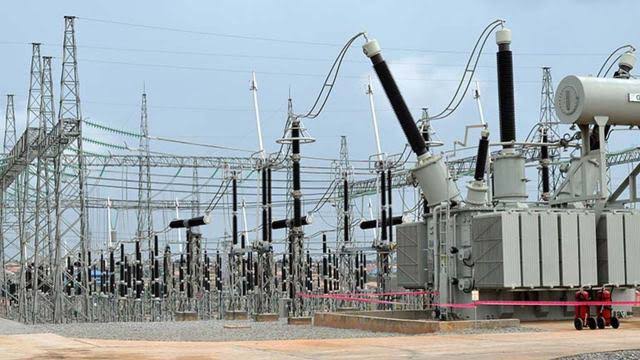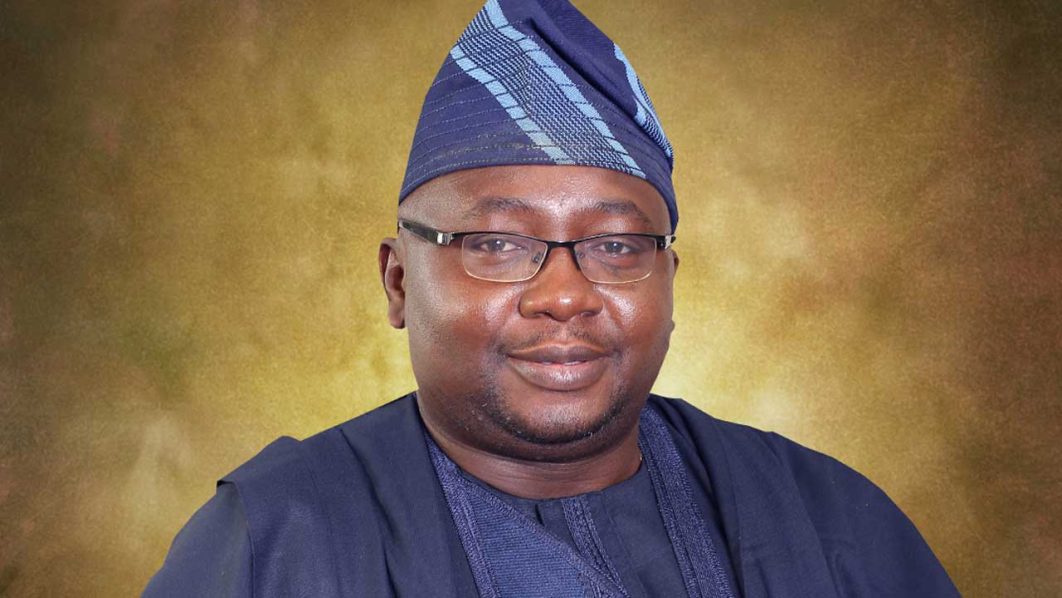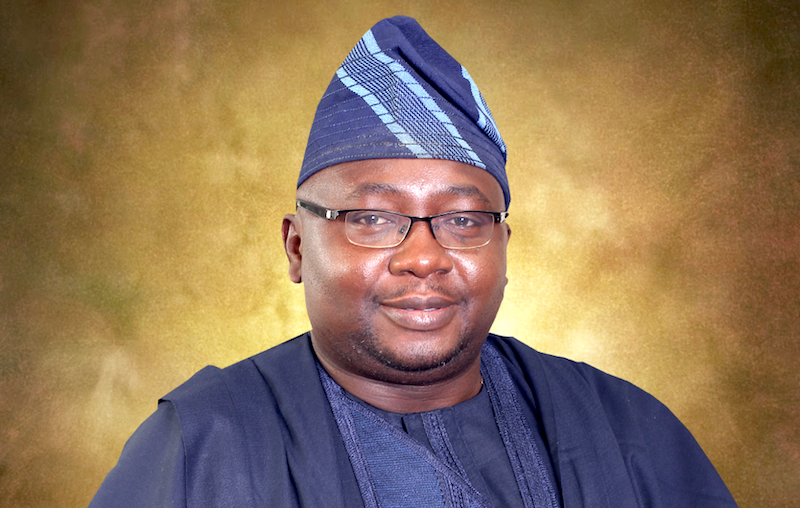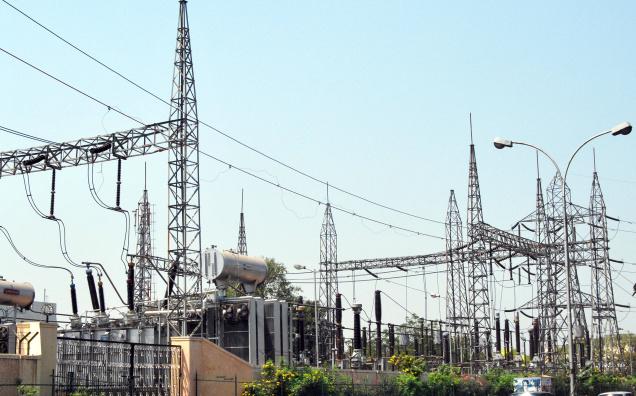The Nigerian Electricity Regulatory Commission (NERC) has said the newly approved tariff is expected to reduce electricity subsidies for the 2024 fiscal year by about N1.14 trillion.
Mr Musliu Oseni, the Vice Chairman, NERC said this in a statement in Abuja on Wednesday.
”With the newly approved tariffs, subsidies for the 2024 fiscal year are expected to reduce by about NGN1.14 trillion in furtherance of the Federal Government’s realignment of the subsidy regime.”’he said.
Recall NERC had earlier on Wednesday announced increase in electricity tariff from N66/kwh to N225/kwh for those who enjoy electricity supply for 20 hours per day.
What the tariff hike from N68/KWh to N225/kWh means is that a consumer who uses 100 units of electricity monthly, and have been spending N6,800 previously, will now be spending N22,500 monthly for the same units of electricity.
NERC had explained that the tariff hike was only applicable to electricity consumers in Band A and that other customers in Bands B, C and D are not affected by the increase.
The commission also said that some customers on the Band A to Band B were downgraded due to the non-fulfillment of the required hours of electricity provided by the electricity distribution company.
Oseni said that the Federal Government had indicated a transition in policy direction towards introducing a more targeted subsidy regime aimed at mitigating the impact of changes in macroeconomic parameters
”While largely protecting vulnerable customers and fostering investments targeted at providing efficient service delivery in the Nigerian Electricity Supply Industry (NESI),” he said.
According to him, the commission conducted a thorough review of the tariff applications submitted by the 11 Electricity Distribution Companies (DisCos) in line with the processes established in its regulations and business Rules.
He said that the review process was preceded by an analysis of the performance improvement plans of the licences and included a public hearing during which interested stakeholders and intervenors examined the rate filing submitted by the public utilities.
”The overarching objective of the commission in the consideration of the tariff application is the creation of a financially sustainable electricity market providing adequate and reliable power supply to drive the Nigerian economy.
”The commission, upon due consideration of the tariff applications, has approved revised rates affecting only customers classified under Band Serv category which is about 15 per cent of the customer population,”he said.
Oseni said that empirical service data had confirmed that this class of customers had truly received the committed level of service.
He said that under the revised tariff order issued by the NERC, DisCos were under an obligation to provide customers classified under Band A service category a minimum average supply of 20 hours a day measured over a period of one week.
”All other customers under B to E service category and representing 85 per cent of customers population will not be affected by the current review of end-users tariffs.
”All DisCos have been provided with mandatory targets for investments and migration of more customers to B.
”The commission has established a robust monitoring framework leveraging on technology to ensure that the public has visibility of the service covenant with their service providers,”he said.
Oseni said that an enforcement and compensation mechanism had also been established in the event of service failure.
”We wish to assure all Nigerians that the commission working in collaboration with the policymakers remains committed towards providing adequate and reliable electricity to all citizens.
”This is as we work diligently with state governments to deliver on the gains of the Electricity Act 2023.,”he said.
